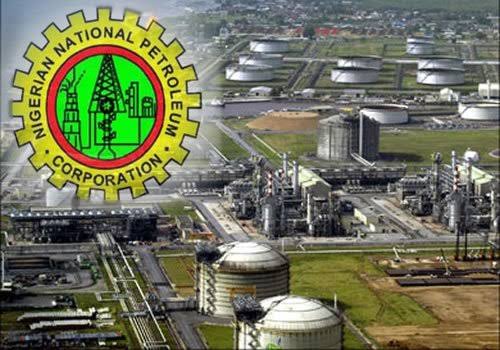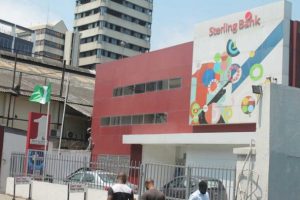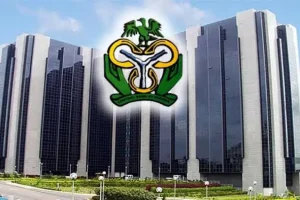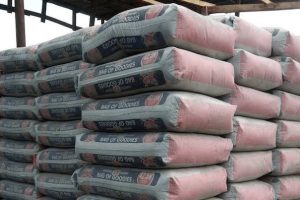
The Nigerian National Petroleum Company Limited (NNPCL) has responded to former President Olusegun Obasanjo’s comments regarding the rehabilitation of Nigeria’s key refineries, emphasizing that the overhaul of the 150,000 barrels per day (bpd) Port Harcourt and Kaduna refineries is not just a routine maintenance process, but a comprehensive effort aimed at transforming these facilities to meet global standards of excellence.
Gists9ja reports that in a statement released on Thursday, Olufemi Soneye, NNPCL’s Chief Corporate Communications Officer, clarified that the rehabilitation of the Port Harcourt and Warri refineries was not the typical Turnaround Maintenance (TAM) that has been carried out in the past.
He stressed that this rehabilitation is a complete overhaul of the refineries, with the goal of enhancing their operational efficiency and ensuring they are capable of meeting world-class standards for sustained and reliable production.
The response came after Obasanjo raised concerns about the operational readiness of the 60,000 bpd Port Harcourt refinery and Warri refinery, casting doubts over the success of their rehabilitation.
The former president had referenced advice from Shell Petroleum Development Company (SPDC), which had allegedly warned against the Port Harcourt refinery’s viability due to issues of corruption, and accused NNPCL of misleading Nigerians by claiming that the refineries were back in operation.
Countering these claims, Soneye emphasized that NNPCL has made significant strides in improving the country’s refining capacity, and the rehabilitation efforts are aimed at ensuring the refineries operate efficiently and are in full compliance with international standards. He also mentioned that similar comprehensive rehabilitation processes are currently underway at the second Port Harcourt refinery and the Kaduna refinery.
The NNPCL reiterated its commitment to transforming the nation’s refinery infrastructure, ensuring sustainable and effective operations in the long term, and meeting global benchmarks in terms of capacity and environmental standards.
Soneye also stated that the ongoing improvements were designed to boost Nigeria’s domestic refining capabilities and reduce the nation’s dependence on imported refined petroleum products.





